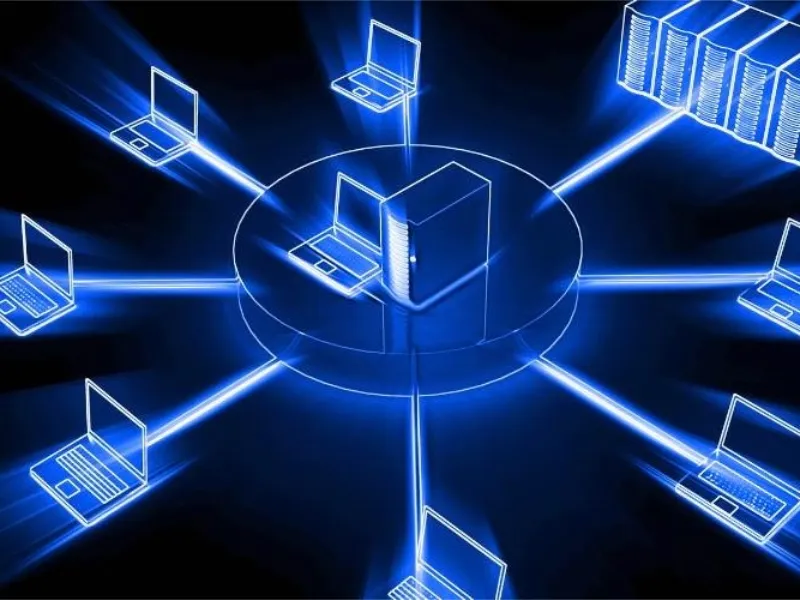- Network protocols specify how data is formatted, sent, and received so that computer network endpoints can communicate.
- Network protocols specify how data should be formatted during transmission, including defining data structures and packet headers.
Network protocols standardise data exchange methods, allowing devices from different manufacturers to interact seamlessly. They also manage data formatting, error checking, and network connectivity while incorporating security measures to protect data. Protocols are divided into three categories: communication, management and security. These protocols are essential to ensure reliable and secure network functionality.
What is a network protocol?
A network protocol is a set of established rules that specify how to format, send and receive data so that computer network endpoints, including computers, servers, routers and virtual machines, can communicate despite differences in their underlying infrastructures, designs or standards.
To successfully send and receive information, devices on both sides of a communication exchange must accept and follow protocol conventions. In networking, support for protocols can be built into the software, hardware or both.
Without network protocols, computers and other devices would not know how to engage with each other. As a result, except for specialty networks built around a specific architecture, few networks would be able to function, and the internet as we know it wouldn’t exist. Virtually all network end users rely on network protocols for connectivity.
Also read: Is Ethernet a network protocol? Exploring its capabilities and impact
Purposes of network protocols
Achieve standardisation. Network protocols define standard methods of data exchange, ensuring that devices from different manufacturers or different designs can communicate effectively. This standardisation is essential for interoperability. Protocols define how data is routed through the network and how devices are addressed. This ensures that the packet reaches its intended destination correctly and efficiently.
The protocol specifies how data should be formatted during transmission. This includes defining data structures, packet headers, and error checking methods. Proper formatting ensures that the receiving device interprets the data correctly. Protocols manage the establishment, maintenance, and termination of network connections. This includes handling session setup, data transfer, and connection closure.
Many protocols include security features to protect data during transmission. This may involve encryption, authentication, and authorisation mechanisms to ensure that the data is secure and accessible only to authorised users. Perform flow control. Protocols manage the rate at which data is transferred to prevent network congestion and ensure that both the sender and receiver can process the data without overwhelming either party.
Also read: Is DNS a network protocol? Understanding its role and functionality
Types of network protocols
Generally speaking, there are three types of protocols in networking: communication, such as Ethernet; management, such as SMTP; and security, such as Secure Shell, or SSH. The following are the three types of protocols used in network communications.
Network communication protocols determine the efficiency of network usage and formally describe the formats and rules that govern the exchange of data between networks. The communication protocol also handles authentication and error detection. HTTP, UDP, TCP, and Internet Relay Chat are network communication protocols.
Network management protocols ensure stable communication and optimal performance across the network and help specify the policies and processes needed to monitor, manage, and maintain computer networks. Simple Network Management Protocol (SNMP) and ICMP are network management protocols.
Network security protocols’ primary responsibility is to ensure that data transmitted over a network connection remains secure, specifying how the network protects data from any unauthorised inspection or extraction. This ensures that unauthorised users, services, or devices cannot access the network. Protocols such as Secure Socket Layer (SSL), Secure FTP, and HTTP Security (HTTPS) run at this level.

